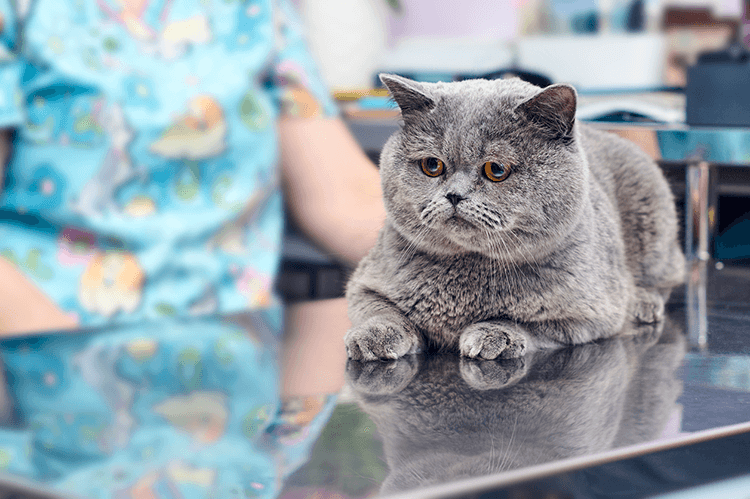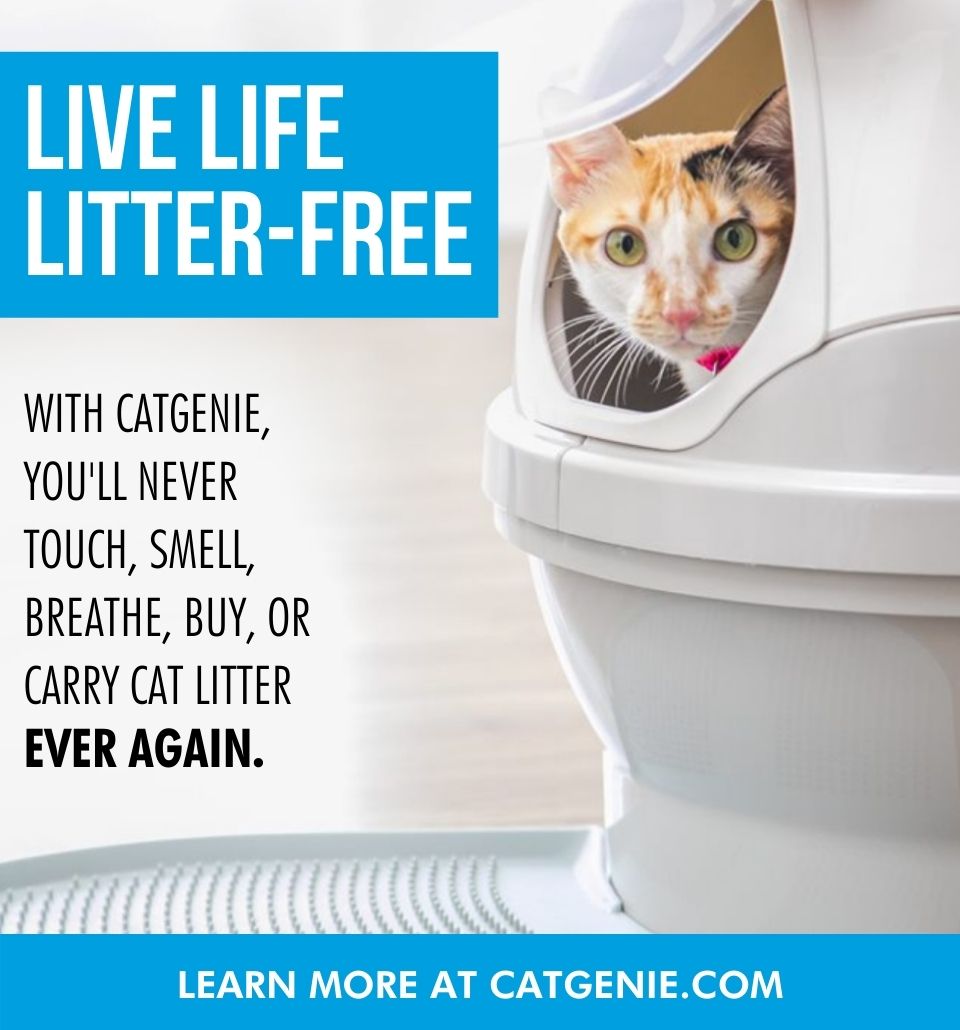Every pet parent’s worst nightmare is their beloved furball discovering something poisonous. Despite the fact that small hints are dropped (hiding in dark spaces, refusing food, or getting sick), it’s difficult to know when your pet has ingested a toxic substance. While we do our best to keep them away from such substances, their curious natures can often get them into trouble when they lick or eat something they shouldn’t. With that in mind, it’s best to have an understanding of what to keep your cat away from and how to deal with the situation if they do.
Keep Toxic Poisons Out of Reach
Keeping household pesticides, cleaning substances, and other household maintenance substances out of your pet’s reach is the most obvious first step to keeping them safe. There are certain rules of thumb to follow when deciding whether or not a substance might be toxic for your cat. Ask yourself, if I or my child ingested this, would it be considered poisonous? While they might affect your cat differently, assume that whatever is toxic for you is toxic for them as well. Additionally, assume that any prescription, over the counter, or recreational drugs are poisonous to your cat. These substances can often prove fatal, so be sure to keep them out of your cat’s reach.
Signs Your Cat Has Been Poisoned
Most pet owners are fairly attuned to their animal’s behaviors. Despite the fact that they can’t tell us they have a tummy ache, the signs are often there when our pets have been poisoned. Cats can be poisoned a number of different ways: ingesting a substance or poisoned prey, through the skin or paws, or grooming contaminated fur. While some substances might take some time to affect your beloved furbaby, most will cause some kind of immediate effect. Symptoms including drooling, vomiting, loss of appetite, and diarrhea are obvious signs. Others include lethargy or depression, pale or yellowish gums, excessive thirst, and urination, or even hyperactivity, muscle tremors, or nervousness.
What to Do If Your Cat Ingests a Toxic Substance
If you’ve established that your cat has ingested a toxic substance, try and first identify what it was. Immediately call your veterinarian, your closest animal hospital, or the Pet Poison Helpline at 1-855-213-6680. If you were able to identify what your cat ingested, take it or the label with you to the animal hospital. Your vet will likely assess the physical condition of your cat, and order blood and urine tests to see if certain substances appear in their system. Other treatments might be administered, including giving a cat activated charcoal in order to absorb the toxins, intravenous fluids, and medications to alleviate any symptoms.
Establish Positive Habits Going Forward
Remember that cats are curious creatures with a sense of smell that is 14 times stronger than humans. Any spilled substances will be investigated thoroughly, leaving your furbaby exposed to more than you think. With pets around, it’s a smart idea to clean up any spills immediately. Lock away cleaning solutions, chemicals, or anything that you wouldn’t want your kitty exposed to. In essence, kitty-proof your home the way you would for a child. It’s an easy way to help them stay safe and sound!






